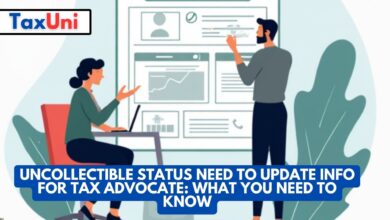Wrongful Termination
Wrongful termination is a nightmare scenario for any employer. The cost of defending such a lawsuit is high.

Wrongful termination cases frequently settle out of court. Employers often want to avoid the uncertainty of a jury trial and may be willing to offer a substantial settlement to resolve the matter. It is important to have a skilled and experienced wrongful termination lawyer on your side so that you can determine whether or not the case would be worth bringing in court and that you could maximize your recovery.
Economic damages are typically the largest component of a wrongful termination claim. These damages are broken down into back pay and front pay. Back pay is compensation for the time period you lost wages, and front pay is the value of wages you would have earned if you had not been terminated. Back and front pay damages are typically reduced if you were required to mitigate your losses, meaning that you sought other employment in a similar job at a comparable salary before the date of your wrongful termination.
Non-economic damages such as emotional distress, pain, and suffering are also available in wrongful termination lawsuits. This is based on the premise that your employer’s actions caused you harm, and the jury will decide on an appropriate amount of compensation for these damages. In addition, you will be entitled to compensation for any expenses incurred as a result of your job loss, such as transportation costs for interviews, membership fees to professional associations and wardrobe expenses.

How To Respond to an Unfair Termination?
In the event you think you have been wrongfully terminated, there are several things you can do. One option is to request that your employer provide a written statement explaining why you were fired. This is a legal right and should be provided free of charge. You can contact your state’s employment department or an employment law attorney for advice if they refuse.
Another option is to try to work out a settlement with your former employer. This is often possible, especially if the reason for your dismissal was not valid or legitimate. If this is unsuccessful, you may want to consider suing your employer for wrongful termination. However, it is important to speak with a qualified attorney to discuss your case’s specifics.
The best way to make a wrongful termination claim successful is to have as much evidence as possible. This can include text messages, emails, performance evaluations, and other documentation that supports your claims. Additionally, it is a good idea to note any verbal promises made by your employer regarding the length of your employment. If you are an at-will employee, these types of promises can be construed as a wrongful termination. It is also worth mentioning that firing someone in violation of a contract or detailed company policy could be considered wrongful termination.
To make your case stronger, you should keep a record of how the termination transpired. Taking notes of the specifics of your firing and how it happened will help your lawyer build your case for you. It’s also important to ask for your file from the company and save copies of any documents you receive. In discrimination or retaliation cases, it’s important to document that the company was aware of your protected status before you were terminated.
It is also important to talk with your co-workers to discover any patterns of behavior that could be a sign of discrimination or retaliation. You should also ask to speak with other employees in your age/gender/race group who were terminated for similar reasons to find out if they received more leniency from management than you did.





